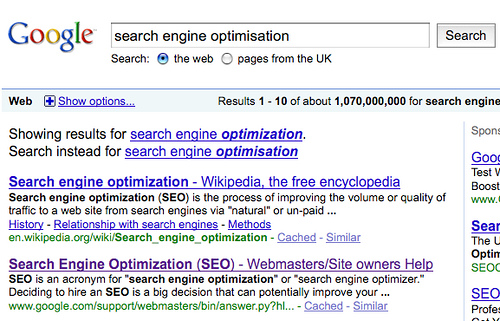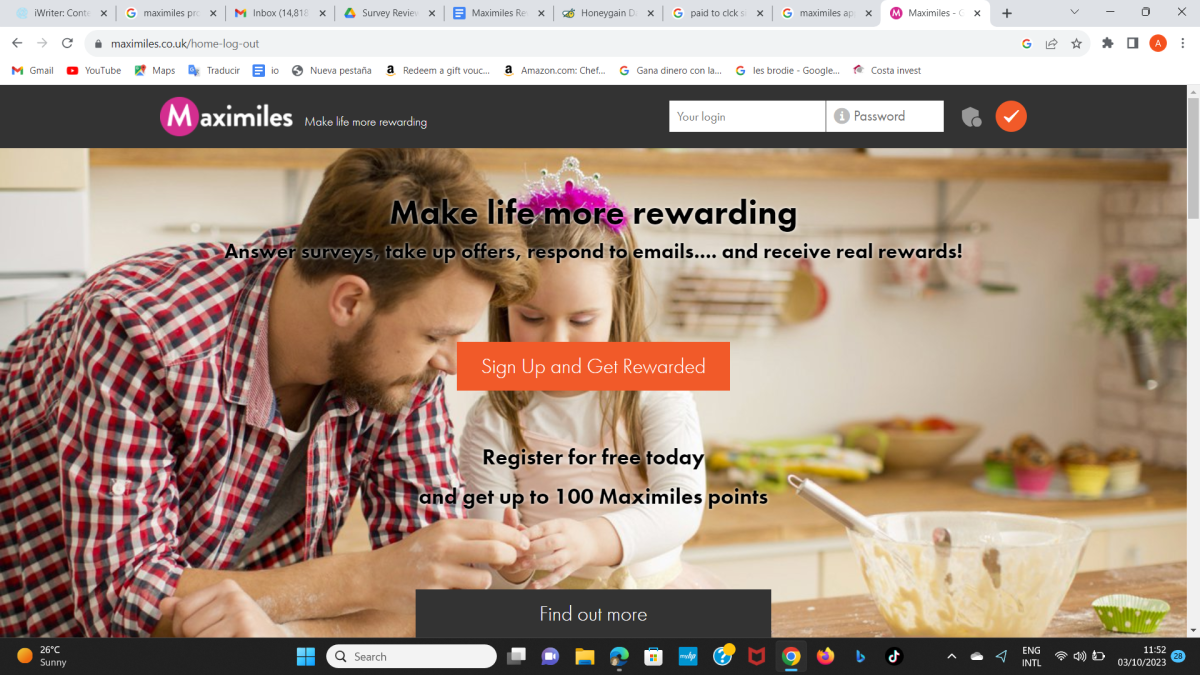SEO Made Simple

In this Hub, I'm going to break down the complicated topic of SEO that you've probably heard all about but most likely don't have any idea how to do.
What is SEO?
SEO stands for Search Engine Optimization and is the process of improving a website or web pages visibility and ranking in unpaid (also know as "natural") search results from online search engines such as Google, Yahoo, Bing etc.
How do you do SEO?
Search Engine Optimization looks at how search engines work and how people use search engines, in order to make a page more visible and easily found through search engines. It looks at what people search for, what keywords they use and which search engines are preferred by the target audience of the page.
I'm going to break a website down into different parts so that you can see how to use Search Engine Optimization techniques to improve each one.
How to Write SEO Content
The content of your website is what's in it. It includes the text, image and sound content that is seen by the user when on your website. There are a few factors that will effect the search engine visibility of your content.
- The Quality of Your Content:
Is your website's content well written? Are all parts of your website written to the same quality, or do they differ?
You need to make sure your website has high quality content in order to appear on search engine listings as well as to ensure anyone coming to your site will find what they were looking for. Ensure that the quality of your content remains at the same level throughout your site. - Research
Have you researched the SEO keywords people may use to find your site?
It is important to use reverent keywords in your site in order for visitors to find your page in the first place. Keywords are the words searched for on search engines and it is important to research what people will be searching for within your topic. You can use tools like Google Adwords in order to find this out.
For example: A website for a catering company will want to include keywords such as canapes, celebration catering and their location in order to increase their search traffic. - Words
Does your website's content contain the words and phrases which you hope it will be found for through search engines? - Current
Is your web content fresh and current? Is it written about interesting topics that people would be looking for? - Engagement
Is your website written in a way that people will want to spend time reading about?
Taking a look at your "bounce rate" will give you a good idea of whether most are reading your content, or quickly leaving your page to something else. This will tell you whether or not your content in relevant and engaging. - Titles
Does the HTML title tags of your website contain keywords relevant to the page topics?
A HTML title tag is what you find in the address bar at the top of your page. For example, my title for "How to Keep Your Home Clean and Tidy - In Less Than One Hour a Day" http://kissayer.hubpages.com/hub/How-to-keep-your-home-clean-and-tidy-in-less-than-an-hour-a-day contains keywords that people would be searching for, such as "clean" "home" "less than an hour" etc. - Description
Do the meta description tags on your site describe what the page is about?
A meta tag is a short HTML paragraph that provides search engines with a description of the page so that it can be found through relevant searches. - Headlines
Do your headlines and subtitles use relevant keywords? - Speed
Does your website load quickly? - URLs
Are your URLs short? Do they contain relevant keywords to your topics? - Crawling
Can search engines easily "crawl" your website?
"Crawling" is the processed used by search engines to browse the web in an organised, methodical manner in order to find up-to-date content.
Off Page Factors that Influence Your SEO Ranking
It's not only the content on your page that effects your Search Engine Visibility, off page factors can affect it too.
Social Networks:
- Reputation
Is your website shared by those respected on Social Networks? - Shares
Do people share your content on their own Social Media sites?
Personal Factors:
- Location
What City/Area/State/Country are your visitors located in? - History
Do you have regular visitors to your site or people who "like" your site? - Social
What do your friends, readers and reader's friends think about your site?
Trust Factors:
- History
How long has your site or domain been around? Has it always operated in the same way? - Authority
Do links, shares and other factors of your site identify it as a trusted authority?
Links:
- Quality of Links
Are the links on your site from trusted, quality or respected sites? - Number
How many people are linking to your page? - Link Text
Do the links to your site contain keywords that you hope your website will be found for?
Blocking and Violations that will Affect Your SEO
Violations:
These are factors that may cause ranking penalty or bans
- Do you have hidden words on your page that you want your page to be found for?
- Do you excessively use words that you want your page to be found for?
- Is your content lacking substance?
- Do you show different pages to search engines than you do to people? (known as "cloaking")
- Have you created links by spamming other sites, blogs, forums or other places?
- Have you purchased links in order to try and get a higher ranking?
Blocking:
Search engines can block sites for a number of reasons. These blocks affect both the personalization of your web page and the trust of readers.








